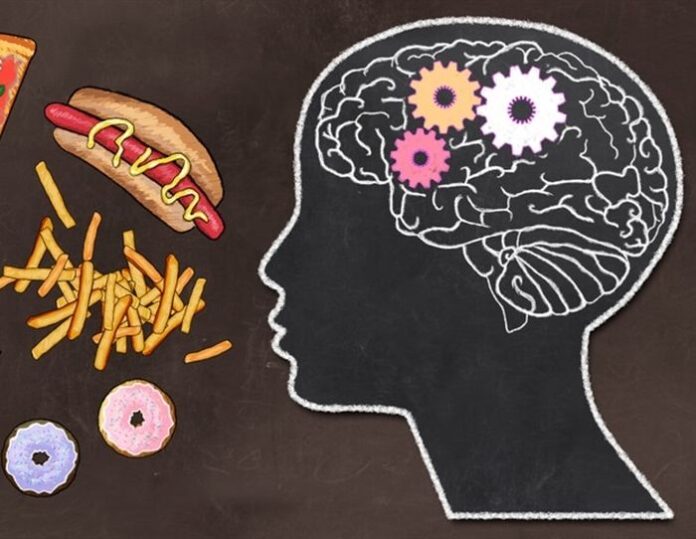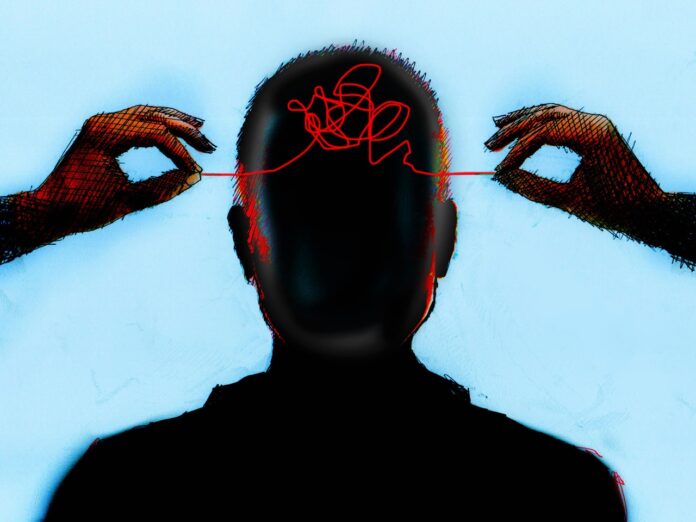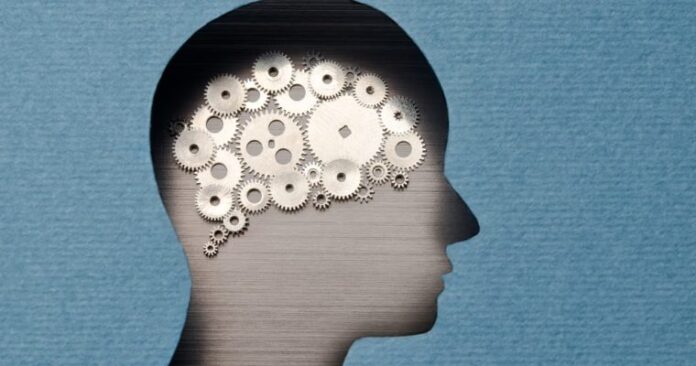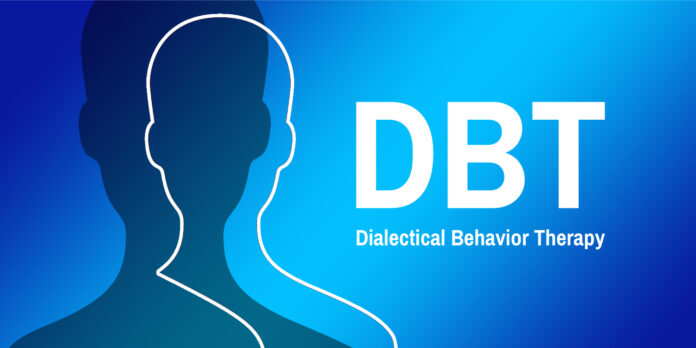It’s crucial to take care of your mind and body. That includes being mindful of what you eat. But, if you have an eating disorder, you may have difficulty nourishing your body. It’s crucial that you get help if that’s the case. Eating disorders are mental health conditions that require treatment. It’s crucial to seek mental health care and medical attention if you suffer from one of these conditions. If left untreated, eating disorders can lead to serious health consequences. It’s important to understand that there are many different eating disorders.
Eating disorders are psychological conditions

They’re psychological conditions that cause unhealthy eating habits to occur. If you’re curious about these conditions, it can help to read more about them. Discover more about the signs and symptoms of an eating disorder on BetterHelp. If you find that you have any of these symptoms, it’s crucial to seek the help of a mental health provider. When you have an eating disorder, you can have many different symptoms. A person may become preoccupied with the types of foods they eat to the point where it’s an obsession. Some people with eating disorders obsessively count calories, binge and purge food, restrict their food intake, or over-exercise to maintain the desired weight. Other individuals focus on their body image and have a distorted sense of self. That can lead to a preoccupation with their shape and weight to the point where they have trouble thinking of much else.
Treatment is crucial
It’s important to note that eating disorders can escalate to the point where a person’s health is in danger. You don’t want to wait to get help. Eating disorders can be deadly if left untreated. That’s why it’s critical that people who have these conditions get the treatment they need. A person with an eating disorder can benefit from therapy. There are various forms of psychotherapy that work for these conditions.
Types of therapy that treat eating disorders
Cognitive Behavioral Therapy (CBT)

CBT is a short-term type of therapy that helps people with a variety of conditions, including eating disorders. The concept behind CBT is that when you change the way you think, it will change how you feel. When you’re engaged in CBT, your therapist will identify targeted behaviors that need to change for you to feel better. CBT focuses on core beliefs and values that a person has. A therapist helps the client identify the cognitive processes that keep eating disorder behavior going. One of the goals of CBT when it comes to eating disorders is to debunk the distorted beliefs around weight, body image, and appearance. Cognitive Behavioral Therapy can be highly effective at treating eating disorders.
Acceptance and Commitment Therapy (ACT)

Acceptance and Commitment Therapy (ACT) targets a person’s actions rather than thoughts. The goal is to change your behavior first. When enrolled in this type of treatment, you identify core values. Once you know those, you commit to creating specific goals that help you stick to your core values.
ACT teaches people that anxiety and pain are a natural part of life. There’s nothing wrong with you if you are having these feelings. ACT helps people detach from their feelings and see them as an independent. Once you determine that these emotions are a natural part of existence, you won’t be surprised when you feel them. ACT can be an excellent treatment for people with eating disorders.
Cognitive Remediation Therapy (CRT)

CRT (Cognitive Remediation Therapy) helps an individual broaden their focus. The goal is to get the person to concentrate on more than one thing. CRT is an excellent type of therapy for people who have rigid thinking patterns. This is a type of therapy that treats anorexia nervosa well. It incorporates straightforward therapeutic exercises, self-reflection, and guided supervision. CRT has been proven effective, especially with anorexia nervosa, but researchers are still determining whether it helps individuals with other types of eating disorders.
Dialectical Behavior Therapy (DBT)

DBT (Dialectical Behavior Therapy) is a versatile treatment used for many different mental disorders. It was initially developed for individuals with borderline personality disorder. Now, DBT is used to treat a variety of different mental health conditions, including eating disorders. DBT has been proven effective in treating bulimia nervosa, binge eating disorder, and anorexia nervosa. DBT targets changing behaviors. It helps people develop coping skills, including mindfulness, interpersonal effectiveness, emotional regulation, and distress tolerance. DBT is highly effective at treating eating disorders. One of the reasons it works so well is that it helps individuals deal with strong emotions that come up. Before a person engages in eating disorder behavior, intense feelings are happening. When individuals learn DBT skills, they’re better able to deal with distress tolerance and use coping strategies to navigate uncomfortable feelings.
Levels of eating disorder treatment

Eating disorders can be treated in individual therapy, but sometimes they warrant hospitalization if a person has a serious case. Here are the different levels of care that people engage in if they have an eating disorder.
Individual therapy – A person meets with a therapist once (or more) a week to work through targeted behaviors surrounding eating disorders.
Intensive Outpatient (IOP) – In intensive outpatient treatment, the individual has stable health and doesn’t need to be monitored daily. IOP programs for eating disorders meet multiple times a week, typically for 4-5 hours a day. There are group therapy sessions during these days.
Partial hospitalization (PHP) – In PHP, the person needs daily monitoring and has trouble engaging in everyday activities such as school or work. They’re mentally stable but still engaging in destructive behaviors. The individual engages in eating disordered behaviors such as daily binging and purging, calorie and food restriction, fasting, or attempts to control their weight. In these cases, individuals need to be monitored by a hospital.
Hospitalization – When a patient is hospitalized due to an eating disorder, their mental and physical health is in a critical state. They need to be in the hospital so the medical and psychiatric staff can closely monitor them and bring them back to a place of stability. These are critical cases.
Residential – Residential treatment for eating disorders is a long-term program that can last six months or more. The patient needs intensive supervision of medical and psychiatric monitoring.
Get help for an eating disorder

If you are suffering from an eating disorder, it’s crucial that you get help. If you leave the condition untreated, your mental and physical health can suffer. Make sure you see a mental health provider and get a proper diagnosis. That person can help lead you to the appropriate level of care. You deserve to be well, and it will be a journey to get there, but it’s possible to find ways to cope with an eating disorder and start to heal with the right treatment and support.









